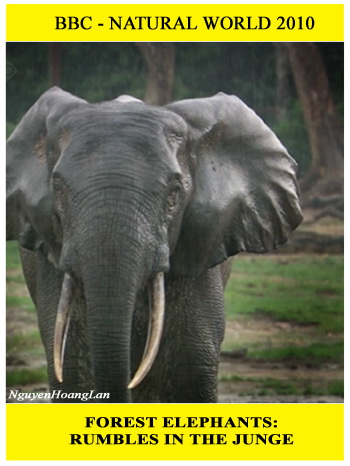Culture Documentary hosted by Bettany Hughes, published by BBC in 2011 - English narration
In this fascinating documentary, historian Bettany Hughes travels to the seven wonders of the Buddhist world and offers a unique insight into one of the most ancient belief systems still practised today. Buddhism began 2,500 years ago when one man had an amazing internal revelation underneath a peepul tree in India. Today it is practised by over 350 million people worldwide, with numbers continuing to grow year on year.
In an attempt to gain a better understanding of the different beliefs and practices that form the core of the Buddhist philosophy and investigate how Buddhism started and where it travelled to, Hughes visits some of the most spectacular monuments built by Buddhists across the globe. Her journey begins at the Mahabodhi Temple in India, where Buddhism was born; here Hughes examines the foundations of the belief system - the three jewels. At Nepal's Boudhanath Stupa, she looks deeper into the concept of dharma - the teaching of Buddha, and at the Temple of the Tooth in Sri Lanka, Bettany explores karma, the idea that our intentional acts will be mirrored in the future. At Wat Pho Temple in Thailand, Hughes explores samsara, the endless cycle of birth and death that Buddhists seek to end by achieving enlightenment, before travelling to Angkor Wat in Cambodia to learn more about the practice of meditation. In Hong Kong, Hughes visits the Giant Buddha and looks more closely at Zen, before arriving at the final wonder, the Hsi Lai temple in Los Angeles, to discover more about the ultimate goal for all Buddhists - nirvana.












 The series was filmed in high definition, produced by Mike Gunton and Patrick Morris of the BBC Natural History Unit and narrated by actress Tilda Swinton. The series was proposed to the BBC by the principal cinematographers Paul D. Stewart and Richard Wollocombe.
The series was filmed in high definition, produced by Mike Gunton and Patrick Morris of the BBC Natural History Unit and narrated by actress Tilda Swinton. The series was proposed to the BBC by the principal cinematographers Paul D. Stewart and Richard Wollocombe.














